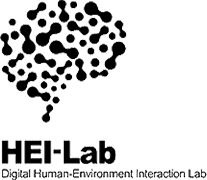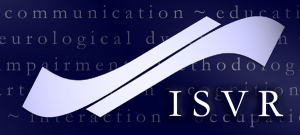ICDVRAT 2020
ICDVRAT 2020 – 13th International Conference on Disability, Virtual Reality & Associated Technologies
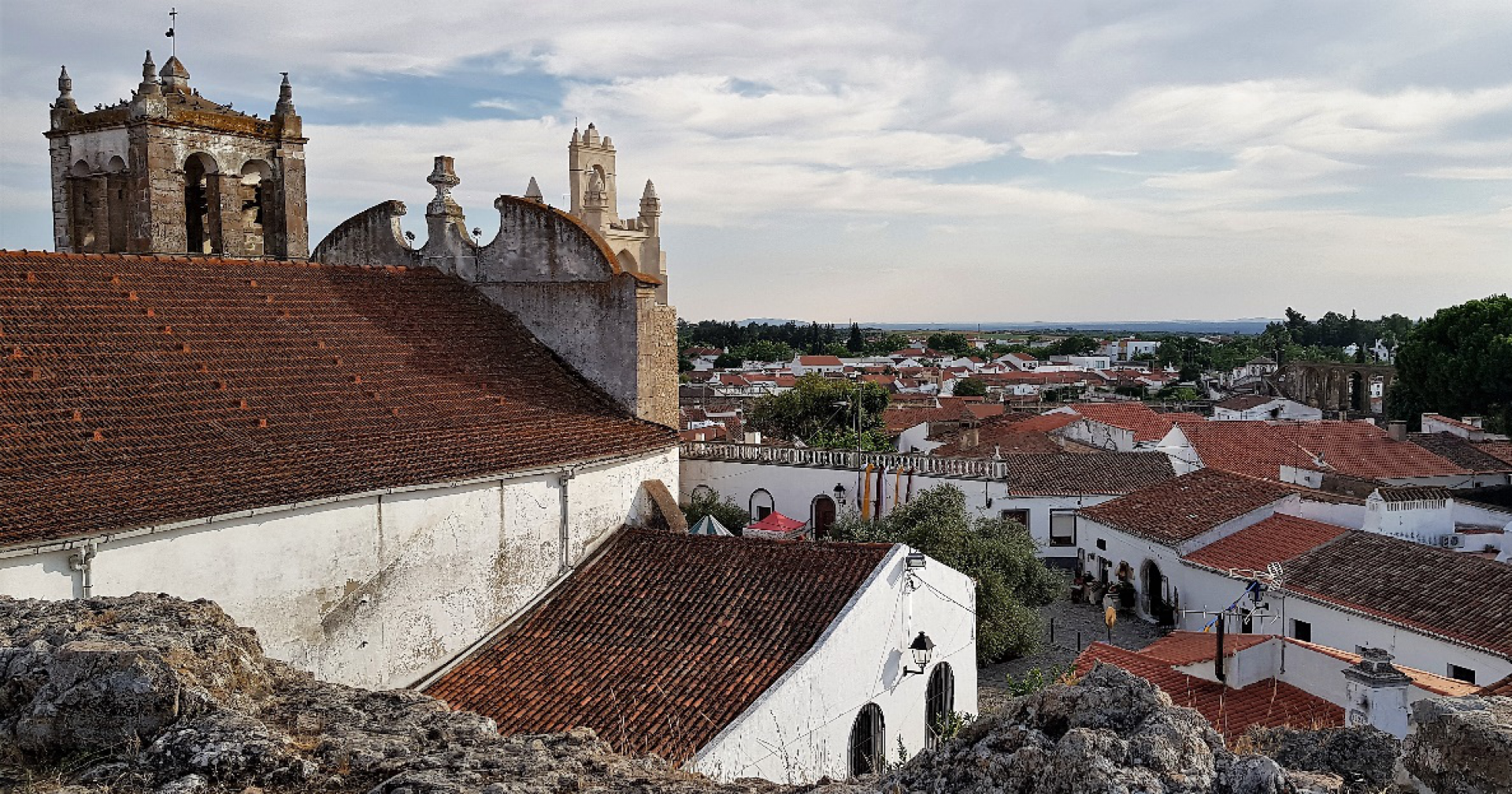
13th International Conference on Disability, Virtual Reality & Associated Technologies
Serpa, Portugal ∼ September 08 - 10, 2021
COVID-19
ICDVRAT’s goes hybrid: in-person (limited to 50 pax) + online!
New dates for registration now online!
Conference Theme
Special Theme for 2021: Rehab Gamification. As a special theme for ICDVRAT 2021, we encourage papers describing game-based solutions devised to rehabilitate motor and cognitive impairments. Papers accepted for the conference require the registration of at least one of the authors as a Full Delegate or Full Student Delegate to the conference.
This year, ICDVRAT is run with Interactive Technologies and Games (ITAG) Conference.
Conference topics
Virtual and Augmented Reality environments | Physical rehabilitation | Cognitive rehabilitation | Clinical assessment | Input devices | Remote/Telecare | Game Based Learning | VR for Health | Sensory impairment | Mobile health applications | Robotics and education | Rehabilitation robotics | Communications aids | Communication and language | Input devices | BCI | Machine learning | Affective computing | Synthetic Agents
Important NEW dates
- 11/01/2021 – Call for Abstracts opens
- 27/02/2021 – Call for Abstracts closes.
- 02/05/2021 – Notification Acceptance/Rejection of Abstract
- 30/06/2021 – Papers Submission.
- 01/07/2021 – Early Registration – In-person (limited to 50 pax): 400€, 380€ (ISVR member), 250€ (student), 200€ (ISVR member student) | Online: 150€
-
- 15/07/2021 – Regular Registration – In-person (limited to 50 pax): 450€, 430€ (ISVR member), 300€ (student), 250€ (ISVR member student) | Online: 200€
Registration for authors closes on August 14th
- 09/09/2021 – Social dinner – Restaurante Molho Bico (R. Quente 1, 7830-369 Serpa): 30€
- 08/09/2021 – 10/09-2021 – Transfers: Lisbon-Serpa-Lisbon – Hour: TBA
- 08/09/2021 – 10/09/2021 – Conference
- Note: these submission dates are for new proposals. Researchers that have already submitted in 2020 are not required to re-submit in 2021.
Sponsors
ISVR
International Society for Virtual Rehabilitation
ISVR members receive discounted registration for ICDVRAT, as an ISVR sponsored conference
Hours
Topics
Speakers
Workshops
Sponsors
General Information
Location and date
Date:
08/09/2021 – 10/09/2021 – new date –
Address:
R. Dr. Afonso Henriques do Prado Castro e Lemos, 7830-393 Serpa, Portugal
Language:
English
Scientific programme (GMT+1)
You may find ICDVRAT’s programme here
Keynote speakers
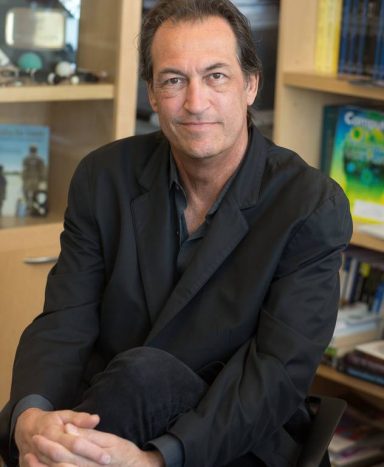
rizzo@ict.usc.edu
Research Professor, USC Davis School of Gerontology and USC Keck School of Medicine Department of Psychiatry & Behavioral Sciences
Psychologist Skip Rizzo conducts research on the design, development and evaluation of virtual reality (VR) systems targeting the areas of clinical assessment, treatment rehabilitation and resilience. This work spans the domains of psychological, cognitive and motor functioning in both healthy and clinical populations.
Rizzo, whose work using virtual reality-based exposure therapy to treat PTSD received the American Psychological Association’s 2010 Award for Outstanding Contributions to the Treatment of Trauma, is the associate director for medical virtual reality at the USC Institute for Creative Technologies. He also holds research professor appointments with the USC Department of Psychiatry and Behavioral Sciences and at the USC Davis School of Gerontology. Rizzo is working with a team that is creating artificially intelligent virtual patients that clinicians can use to practice skills required for challenging clinical interviews and diagnostic assessments. His cognitive work has addressed the use of VR applications to test and train attention, memory, visuospatial abilities and executive function. In the motor domain, he has developed VR game systems to address physical rehabilitation post stroke and traumatic brain injury and for prosthetic use training. He is also investigating the use of VR for pain distraction at L.A. Children’s Hospital and is currently designing game-based VR scenarios to address issues of concern with children having autistic spectrum disorder. Rizzo is currently examining the use of VR applications for training emotional coping skills with the aim of preparing service members for the stresses of combat.
Rizzo is the associate editor of the journals CyberPsychology and Behavior, and The International Journal of Virtual Reality. He is senior editor of the MIT Press journal, Presence: Teleoperators and Virtual Environments. He also sits on a number of editorial boards for journals in the areas of cognition and computer technology (Cognitive Technology; Journal of Computer Animation and Virtual Worlds; Media Psychology) and is the creator of the Virtual Reality Mental Health Email Listserve (VRPSYCH).
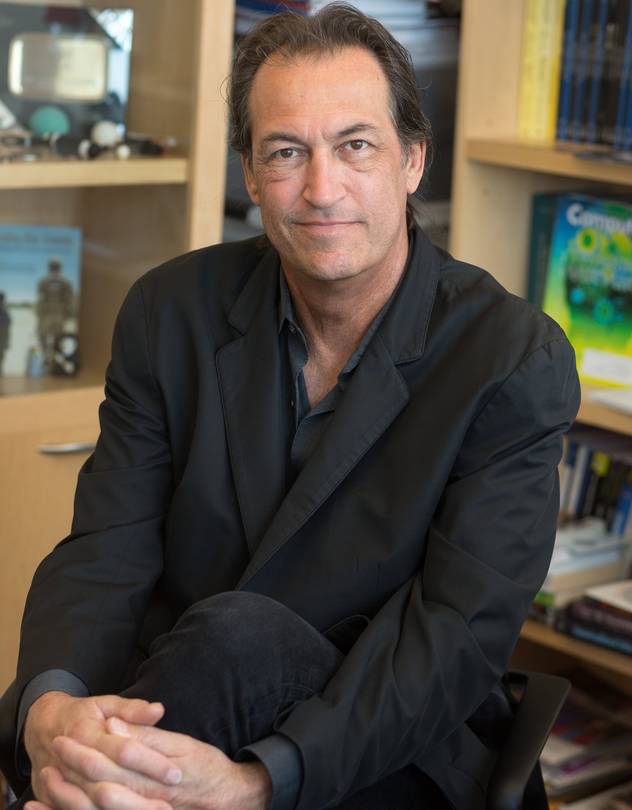
rizzo@ict.usc.edu
Research Professor, USC Davis School of Gerontology and USC Keck School of Medicine Department of Psychiatry & Behavioral Sciences
Psychologist Skip Rizzo conducts research on the design, development and evaluation of virtual reality (VR) systems targeting the areas of clinical assessment, treatment rehabilitation and resilience. This work spans the domains of psychological, cognitive and motor functioning in both healthy and clinical populations.
Rizzo, whose work using virtual reality-based exposure therapy to treat PTSD received the American Psychological Association’s 2010 Award for Outstanding Contributions to the Treatment of Trauma, is the associate director for medical virtual reality at the USC Institute for Creative Technologies. He also holds research professor appointments with the USC Department of Psychiatry and Behavioral Sciences and at the USC Davis School of Gerontology. Rizzo is working with a team that is creating artificially intelligent virtual patients that clinicians can use to practice skills required for challenging clinical interviews and diagnostic assessments. His cognitive work has addressed the use of VR applications to test and train attention, memory, visuospatial abilities and executive function. In the motor domain, he has developed VR game systems to address physical rehabilitation post stroke and traumatic brain injury and for prosthetic use training. He is also investigating the use of VR for pain distraction at L.A. Children’s Hospital and is currently designing game-based VR scenarios to address issues of concern with children having autistic spectrum disorder. Rizzo is currently examining the use of VR applications for training emotional coping skills with the aim of preparing service members for the stresses of combat.
Rizzo is the associate editor of the journals CyberPsychology and Behavior, and The International Journal of Virtual Reality. He is senior editor of the MIT Press journal, Presence: Teleoperators and Virtual Environments. He also sits on a number of editorial boards for journals in the areas of cognition and computer technology (Cognitive Technology; Journal of Computer Animation and Virtual Worlds; Media Psychology) and is the creator of the Virtual Reality Mental Health Email Listserve (VRPSYCH).
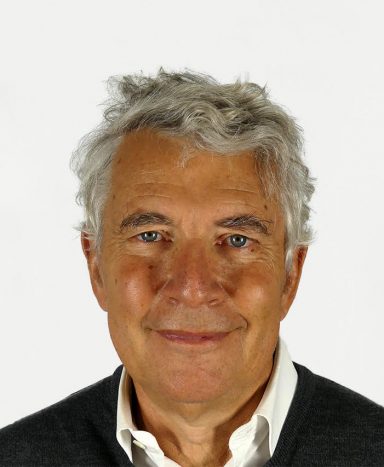
Pierre-Paul Vidal began his studies in Medicine and Human Biology at the University of Medicine of Pitié Salpétrière . These studies were completed with a medical thesis in 1978 and a research degree in human biology in 1980. After a DEA in Neuroscience in 1981, he started a PhD thesis in science in 1982 as a DGRST fellow which was completed in 1986. Pierre Paul Vidal became a member of the CNRS Laboratory of Occupational Physiology during his studies as an assistant in the Physiology Department where he began his career as a researcher and physician. He joined the CNRS in 1980 as a research associate. Pierre-Paul Vidal was appointed research fellow in 1984 and research director in 1990. He is currently Director of Research of exceptional class Emeritus. During his training he did several internships abroad: one year at the Aviation Medical Research Unit, (N.A.T.O. Fellowship,) at Mc Gill University, Montreal, 1978; three and a half years of post-doc, first at the Laboratoire de Neurobiologie de l'Ecole Normale Supérieure (1983) and then at the Department of Physiology and Biophysics, at N.Y.U. Medical School, for two and a half years. During his professional career he had the privilege, thanks to the CNRS, to create and head three research laboratories in integrative neuroscience: the Laboratory of Neurobiology of Sensorimotor Networks (UMR 7060) in 1997, the Center for the Study of Sensorimotricity (UMR 8194) in 1990 and the " Cognition and Action Group " (UMR 8257 MD) first and only UMR MD (Ministry of Defense) in 2014. He is co-founder of the Borelli Center in 2020 directed by Pr Nicolas Vayatis. He has published 186 articles to date on sensorimotor control. Pierre-Paul Vidal is a full professor at Hangzhou Dianzi University, Hangzhou, China and an associate professor at the Fra Gemelli Medical University, Università Cattolica del S. Cuore and. He directs the BME Master's program, which started at HDU Hangzhou (China) in 2016. He is also President of the expert committee for biomedical promotion of the INSB of CNRS, CNRS representative to the Board of the Biomedicine Agency, Director of the Platform for the Study of Sensorimotricity of the Saints Pères René Descartes University, and Member of the Scientific Council of the IRME. Finally, Pierre-Paul Vidal is associate editor of three scientific journals (Frontiers in Neurology, Sensors and Experimental Brain Research).

Pierre-Paul Vidal began his studies in Medicine and Human Biology at the University of Medicine of Pitié Salpétrière . These studies were completed with a medical thesis in 1978 and a research degree in human biology in 1980. After a DEA in Neuroscience in 1981, he started a PhD thesis in science in 1982 as a DGRST fellow which was completed in 1986. Pierre Paul Vidal became a member of the CNRS Laboratory of Occupational Physiology during his studies as an assistant in the Physiology Department where he began his career as a researcher and physician. He joined the CNRS in 1980 as a research associate. Pierre-Paul Vidal was appointed research fellow in 1984 and research director in 1990. He is currently Director of Research of exceptional class Emeritus. During his training he did several internships abroad: one year at the Aviation Medical Research Unit, (N.A.T.O. Fellowship,) at Mc Gill University, Montreal, 1978; three and a half years of post-doc, first at the Laboratoire de Neurobiologie de l'Ecole Normale Supérieure (1983) and then at the Department of Physiology and Biophysics, at N.Y.U. Medical School, for two and a half years. During his professional career he had the privilege, thanks to the CNRS, to create and head three research laboratories in integrative neuroscience: the Laboratory of Neurobiology of Sensorimotor Networks (UMR 7060) in 1997, the Center for the Study of Sensorimotricity (UMR 8194) in 1990 and the " Cognition and Action Group " (UMR 8257 MD) first and only UMR MD (Ministry of Defense) in 2014. He is co-founder of the Borelli Center in 2020 directed by Pr Nicolas Vayatis. He has published 186 articles to date on sensorimotor control. Pierre-Paul Vidal is a full professor at Hangzhou Dianzi University, Hangzhou, China and an associate professor at the Fra Gemelli Medical University, Università Cattolica del S. Cuore and. He directs the BME Master's program, which started at HDU Hangzhou (China) in 2016. He is also President of the expert committee for biomedical promotion of the INSB of CNRS, CNRS representative to the Board of the Biomedicine Agency, Director of the Platform for the Study of Sensorimotricity of the Saints Pères René Descartes University, and Member of the Scientific Council of the IRME. Finally, Pierre-Paul Vidal is associate editor of three scientific journals (Frontiers in Neurology, Sensors and Experimental Brain Research).

Dr. Anthony Brooks is Associate Professor at Aalborg University, Denmark where he has been director/founder of the ‘SensoramaLab” (Virtual Reality, HCI and Playful Learning Complex) and a founding team-member of the ‘Medialogy education’ (Bsc, Msc, PhD) and as section leader, lecturer, coordinator, supervisor, and study board member. He is also lecturer, supervisor and coordinator on the ‘Art and Technology education’ (BA) and study board member. He has been active working for the European Commission as project evaluator, rapporteur, and expert reviewer for approximately fifteen years ongoing. His research has been catalyst responsible for numerous externally funded International, European and National projects as well as a media art/serious-games industry start-up company, and a family of patents resulting from his evolved method and prototypes. Cross-disciplinary emergent models have also resulted.
Originating from Wales, born into a family with disabled members, at an early age he ‘invented’ alternative solutions for adaptive accessibility and creative ‘control’ of stimuli. In the 1980s he created bespoke instruments and volumetric invisible sensing systems for unencumbered gesture-control of digital media to stimulate meaningful causal interactions that could be tailored to individuals, their needs, preferences and desires alongside the outcome goals of artists, facilitators, therapists, educators etc. A goal was to create adaptable playful, enjoyable, and fun creative experiences for end-users that optimised motivation in participation to increase compliance and adherence to transdisciplinary intervention programmes e.g. in rehabilitation, healthcare wellbeing, quality of life, learning/education, play, entertainment, recreation, and more: Societal impact, accessible and inclusive creative expression was targeted.
As first artist in residence at the Centre for Advanced Visualisation and Interactivity (CAVI) at Aarhus University, Denmark at the end of 1990s, he originated the ZOOM emergent model (Zone of Optimized Motivation) for in-action intervention and on-action analysis and assessment /refinement across fields of healthcare and learning. He has approximately 200 publications. He is acknowledged as a third culture thinker and “world pioneer in digital media and its use with the disabled community” where creative artistic expression acts as catalyst for new opportunities in practise. His artistic work has been featured at major events around the world, including two Olympic/Paralympics (Atlanta 1996; Sydney 2000), numerous European Cultural capital showcases, and also at more underground events such as the Danish NeWave in New York city 1999. His interactive art installations have been exhibited at numerous renown Museums of Modern Art (MoMAs).
Tony has been plenary keynote speaker at approximately fifteen international events and he is Danish representative for UNESCO’s International Federation for Information Processing (IFIP) Technical committee (WG14) on “Entertainment Computing” – specifically under work groups WG14.7 “Art and Entertainment”; WG14.8 “Serious Games”, and WG 14.9 “Game Accessibility”. He has been active internationally as a PhD viva examiner over many years. Under the European Alliance for Innovation (EAI) he has steered the International Conference ArtsIT [Arts & Technology, Interactivity and Game Creation] since 2009 (see http://artsit.org ). University profile – https://vbn.aau.dk/da/persons/103302
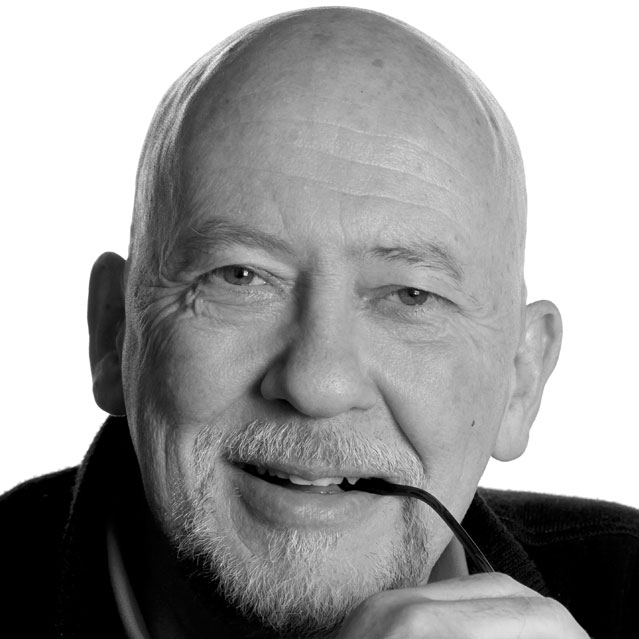
Dr. Anthony Brooks is Associate Professor at Aalborg University, Denmark where he has been director/founder of the ‘SensoramaLab” (Virtual Reality, HCI and Playful Learning Complex) and a founding team-member of the ‘Medialogy education’ (Bsc, Msc, PhD) and as section leader, lecturer, coordinator, supervisor, and study board member. He is also lecturer, supervisor and coordinator on the ‘Art and Technology education’ (BA) and study board member. He has been active working for the European Commission as project evaluator, rapporteur, and expert reviewer for approximately fifteen years ongoing. His research has been catalyst responsible for numerous externally funded International, European and National projects as well as a media art/serious-games industry start-up company, and a family of patents resulting from his evolved method and prototypes. Cross-disciplinary emergent models have also resulted.
Originating from Wales, born into a family with disabled members, at an early age he ‘invented’ alternative solutions for adaptive accessibility and creative ‘control’ of stimuli. In the 1980s he created bespoke instruments and volumetric invisible sensing systems for unencumbered gesture-control of digital media to stimulate meaningful causal interactions that could be tailored to individuals, their needs, preferences and desires alongside the outcome goals of artists, facilitators, therapists, educators etc. A goal was to create adaptable playful, enjoyable, and fun creative experiences for end-users that optimised motivation in participation to increase compliance and adherence to transdisciplinary intervention programmes e.g. in rehabilitation, healthcare wellbeing, quality of life, learning/education, play, entertainment, recreation, and more: Societal impact, accessible and inclusive creative expression was targeted.
As first artist in residence at the Centre for Advanced Visualisation and Interactivity (CAVI) at Aarhus University, Denmark at the end of 1990s, he originated the ZOOM emergent model (Zone of Optimized Motivation) for in-action intervention and on-action analysis and assessment /refinement across fields of healthcare and learning. He has approximately 200 publications. He is acknowledged as a third culture thinker and “world pioneer in digital media and its use with the disabled community” where creative artistic expression acts as catalyst for new opportunities in practise. His artistic work has been featured at major events around the world, including two Olympic/Paralympics (Atlanta 1996; Sydney 2000), numerous European Cultural capital showcases, and also at more underground events such as the Danish NeWave in New York city 1999. His interactive art installations have been exhibited at numerous renown Museums of Modern Art (MoMAs).
Tony has been plenary keynote speaker at approximately fifteen international events and he is Danish representative for UNESCO’s International Federation for Information Processing (IFIP) Technical committee (WG14) on “Entertainment Computing” – specifically under work groups WG14.7 “Art and Entertainment”; WG14.8 “Serious Games”, and WG 14.9 “Game Accessibility”. He has been active internationally as a PhD viva examiner over many years. Under the European Alliance for Innovation (EAI) he has steered the International Conference ArtsIT [Arts & Technology, Interactivity and Game Creation] since 2009 (see http://artsit.org ). University profile – https://vbn.aau.dk/da/persons/103302
Program at a glance
– preliminary programme (GMT+1)-
| sept/08 | Conference opens | 14h00 |
| Opening session | 14h30 | |
| Keynote #1 -Skip Rizzo | 15h00 | |
| End | 16h00 | |
| Session 1: Physical/motor rehab studies | 16h00 | |
| Coffee break | ||
| End | 18h15 | |
| sept/09 | Session 1: Cognitive assessment and rehab | 9h30 |
| End | 10h30 | |
| Session 2: Synthetic agents | 10h30 | |
| End | 11h30 | |
| Coffee break | ||
| Session 3: VR and psycho-medical applications | 12h00 | |
| End | 13h30 | |
| Lunch | ||
| Session 4: Cognitive assessment and rehab | 14h30 | |
| End | 16h00 | |
| coffee break | ||
| Session 5: Cognitive assessment and rehab | 16h30 | |
| End | 17h30 | |
| Keynote #2 – Pierre-Paul Vidal | 17h30 | |
| End | 18h30 | |
| Steering committee meeting | 18h30 | |
| sept/10 | Session 1: VR and psycho-medical applications | 9h30 |
| End | 11h00 | |
| Session 2: posters | 11h00 | |
| End | 12h00 | |
| Coffee break | ||
| Keynote #3 – Tony Brooks | 12h30 | |
| End | 13h30 | |
| Prize session | 13h30 | |
| End | 14h00 | |
| Closing remarks | 14h00 |
NEW Submissions
Abstract submission
-
- 11/01/2021– Call for Abstracts opens
- 27/02/2021 – Call for Abstracts closes.
- 02/05/2021 – Notification Acceptance/Rejection of Abstract
- 30/06/2021 – Papers Submission.
Travel Information
08/09/2021: Lisbon – Serpa – new date –
There will be 1 free shuttle, from Lisbon Airport (Humberto Delgado) to Serpa city centre, late am or earlier afternoon (schedule TBA)
10/09/2021: Serpa – Lisbon – new date –
There will be 1 free shuttle, from Serpa city centre to Lisbon Airport (Humberto Delgado), around lunch time (schedule TBA)
Other means of transportation:
Car:
Around 2h
Lisbon Airport
Alameda das Comunidades Portuguesas, 1700-111 Lisboa
Get on E1 from Av. Berlim
2 min (750 m)
Follow A12 and A2 to IP8 in Setúbal. Take exit 10 from A2/E1
1 h 4 min (122 km)
Follow IP8 to R. Dr. Afonso Henriques do Prado Castro e Lemos in Serpa
59 min (78.0 km)
Musibéria
R. Dr. Afonso Henriques do Prado Castro e Lemos, 7830-393 Serpa
Bus:
Around 3.30h
https://www.oautocarro.pt/pt/autocarro-lisboa-lisboa-pt-x-serpa-beja-pt
Registration: NOW OPEN!!
-
- 01/07/2021 – Early Registration – In-person (limited to 50 pax): 400€, 380€ (ISVR member), 250€ (student), 200€ (ISVR member student) | Online: 150€
- 15/07/2021– Regular Registration – In-person (limited to 50 pax): 450€, 430€ (ISVR member), 300€ (student), 250€ (ISVR member student) | Online: 200€
Registration for authors closes on August 14th
Cancellation policy: Registrations are only refundable after 25% administrative deduction and no refunds will be made if within 4 weeks of the conference. Delinquent payment will result in cancelling registration. In the case of natural events that may cause mass cancellation, registration fees will not be refunded.
1 registration = up to 2 oral/poster presentations
Being register at the ICDVRAT allows attendance to all presentations, conference program, coffee breaks and lunch.
Hotels
- Serpínia – serpinia@gmail.com
- Residencial Beatriz – geral@residencialbeatriz.com
- Casa de Serpa – casadeserpa.turismorural@gmail.com
- Casa da Muralha – casa.muralha@sapo.pt
- Monte da Morena – info@montemorena.com
- Residencial Pulo do Lobo – geral@residencialpulodolobo.com
Please, refer to ICDVRAT when booking. After July 15th, the hotels will open reservations to non-ICDVRAT’s guests.
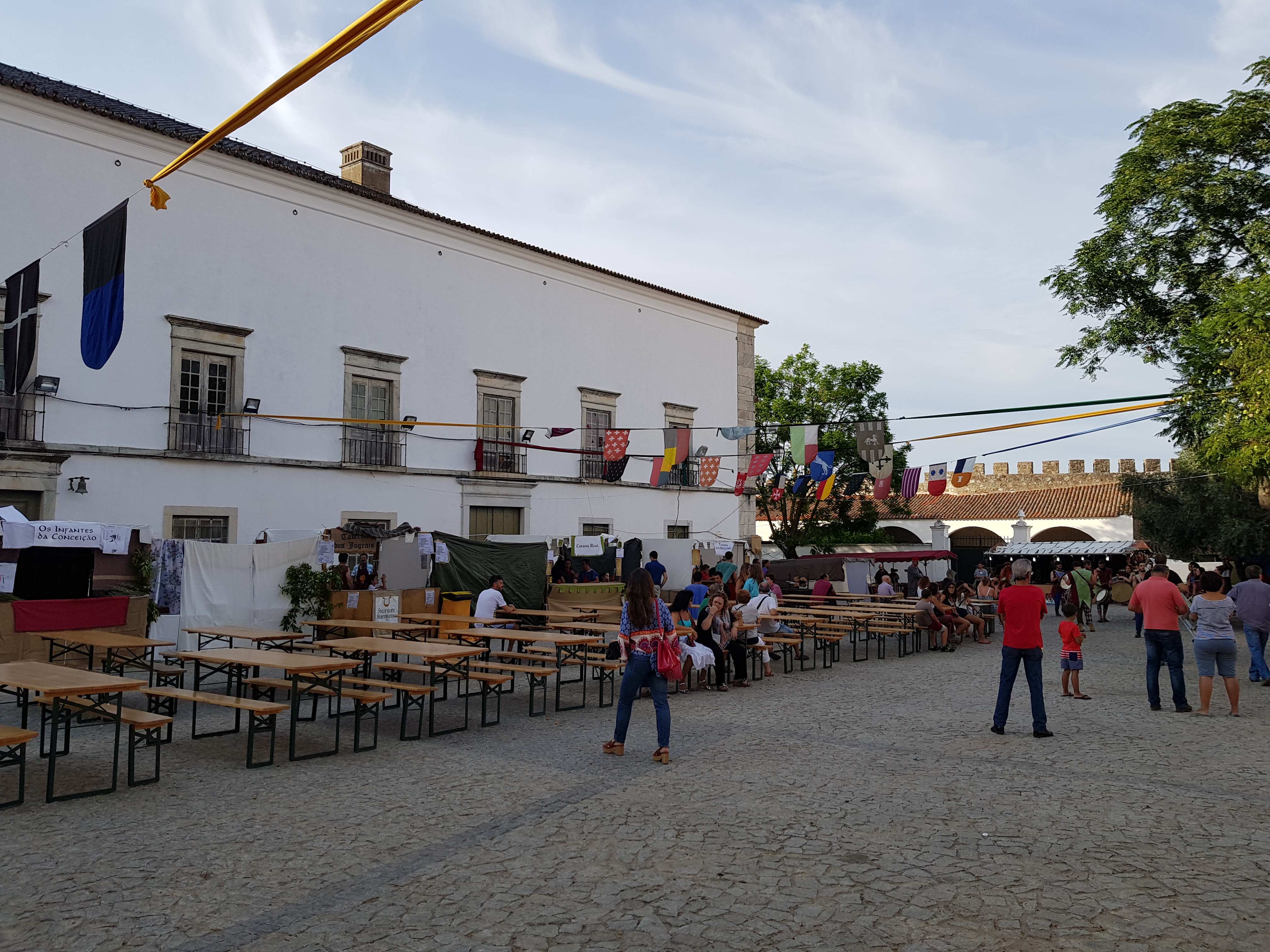

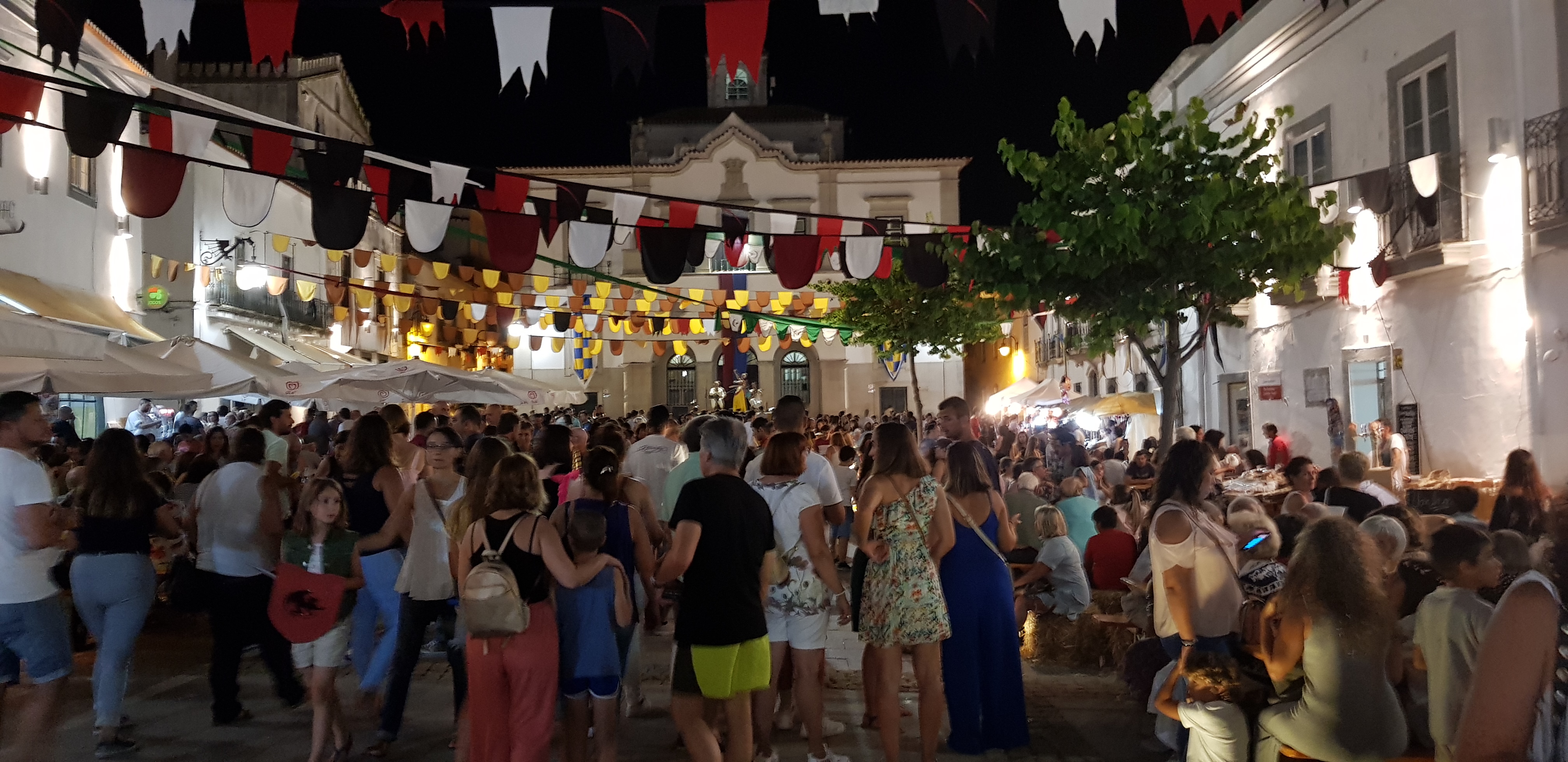
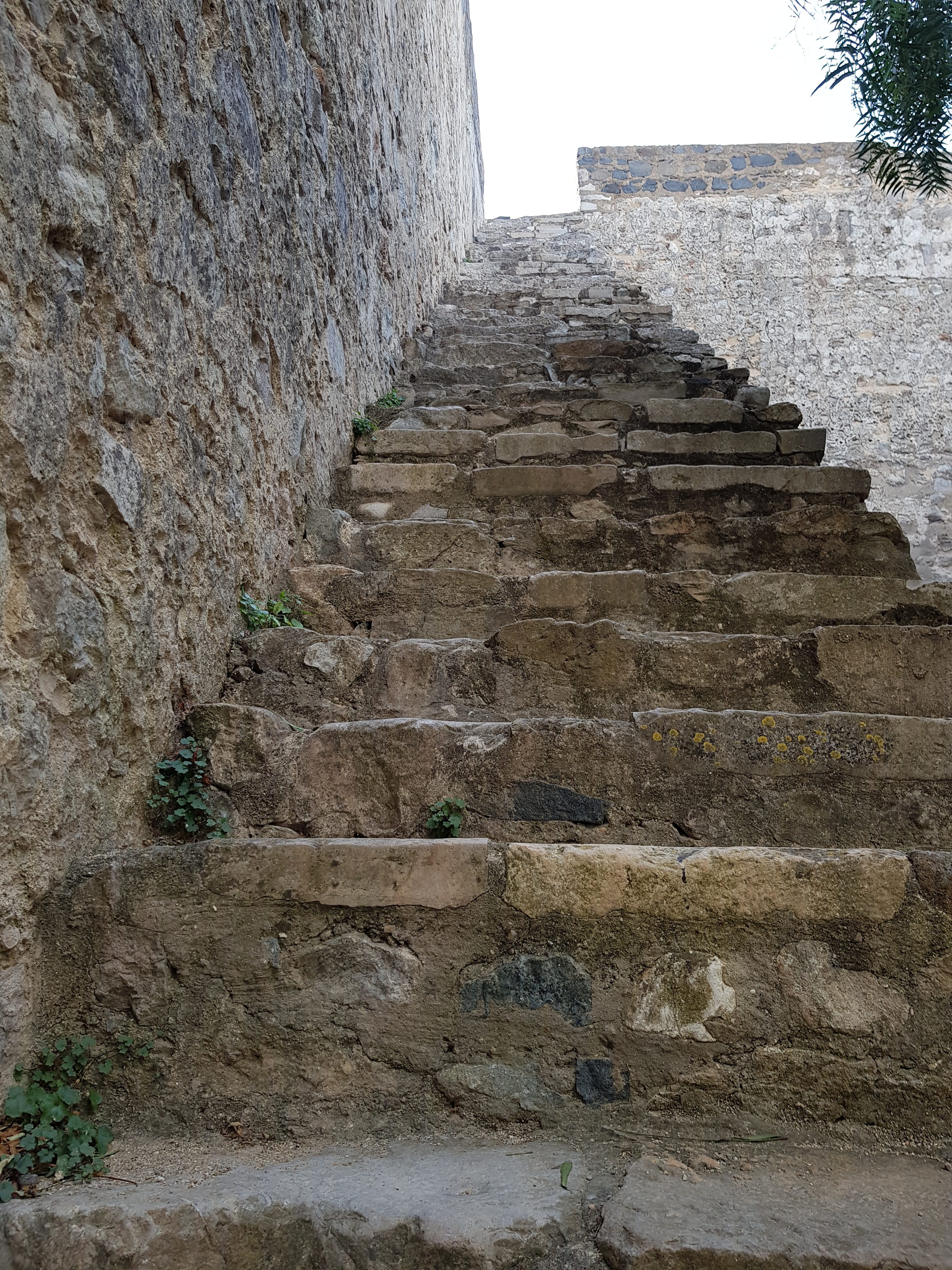


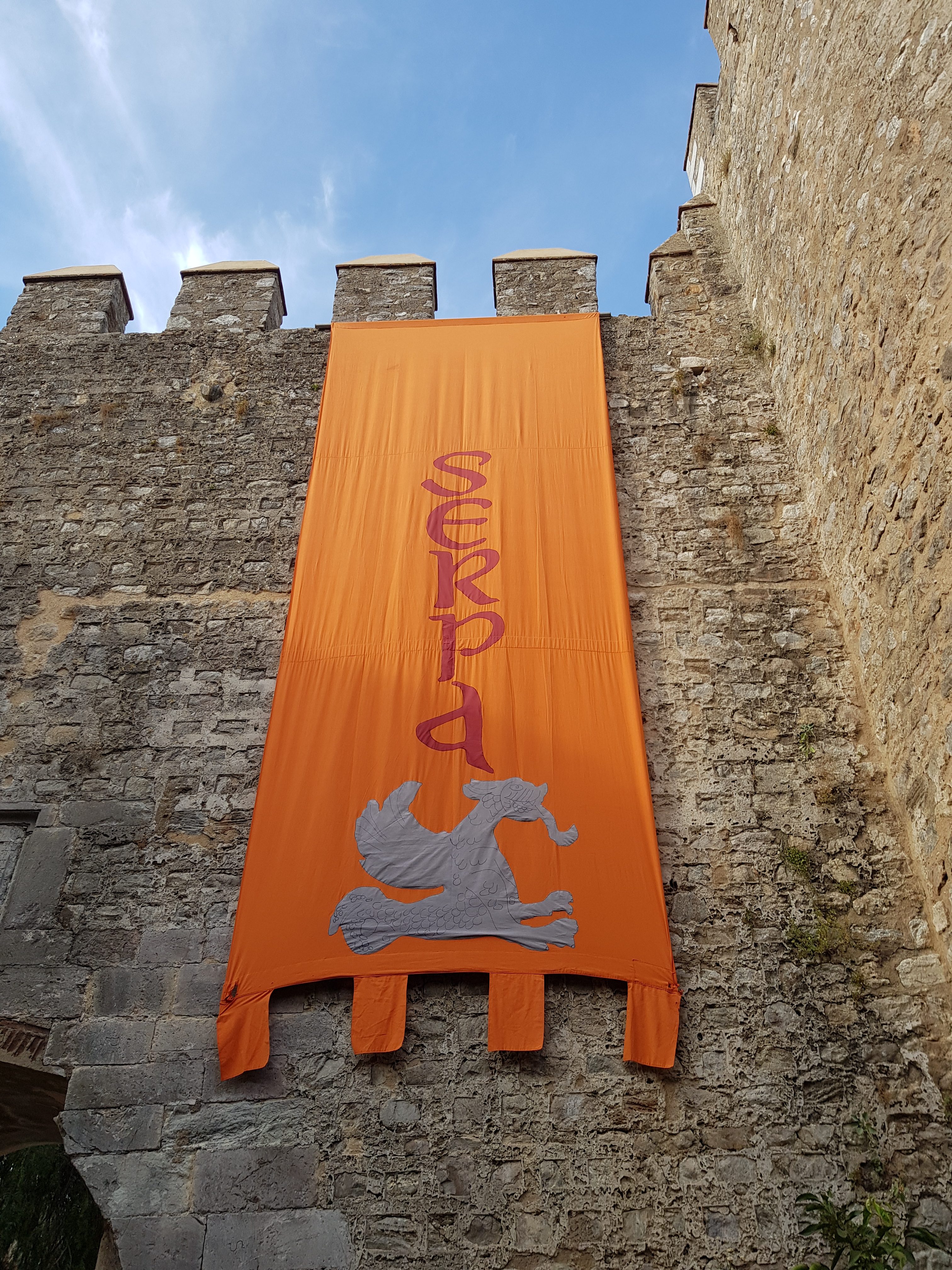
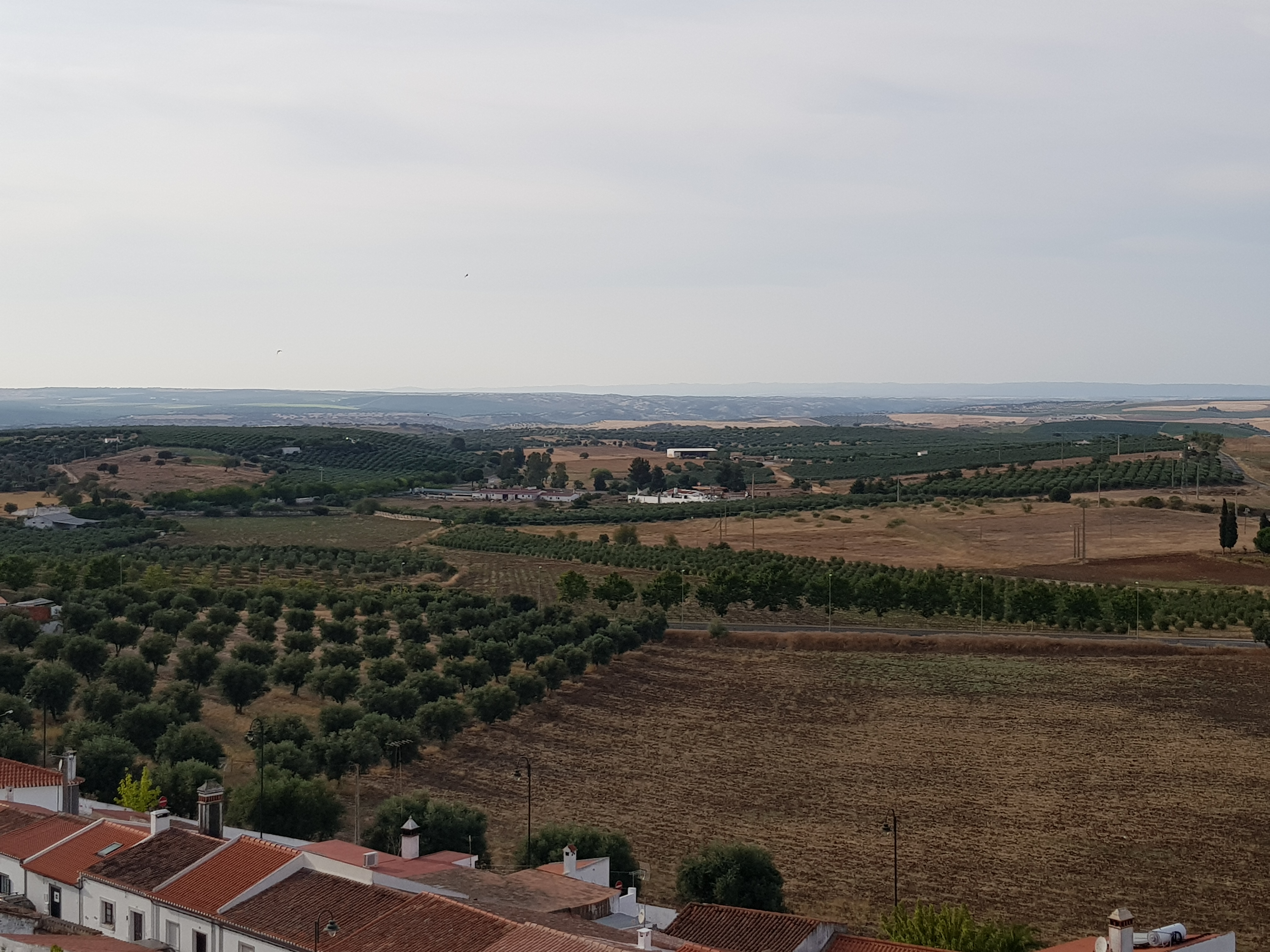
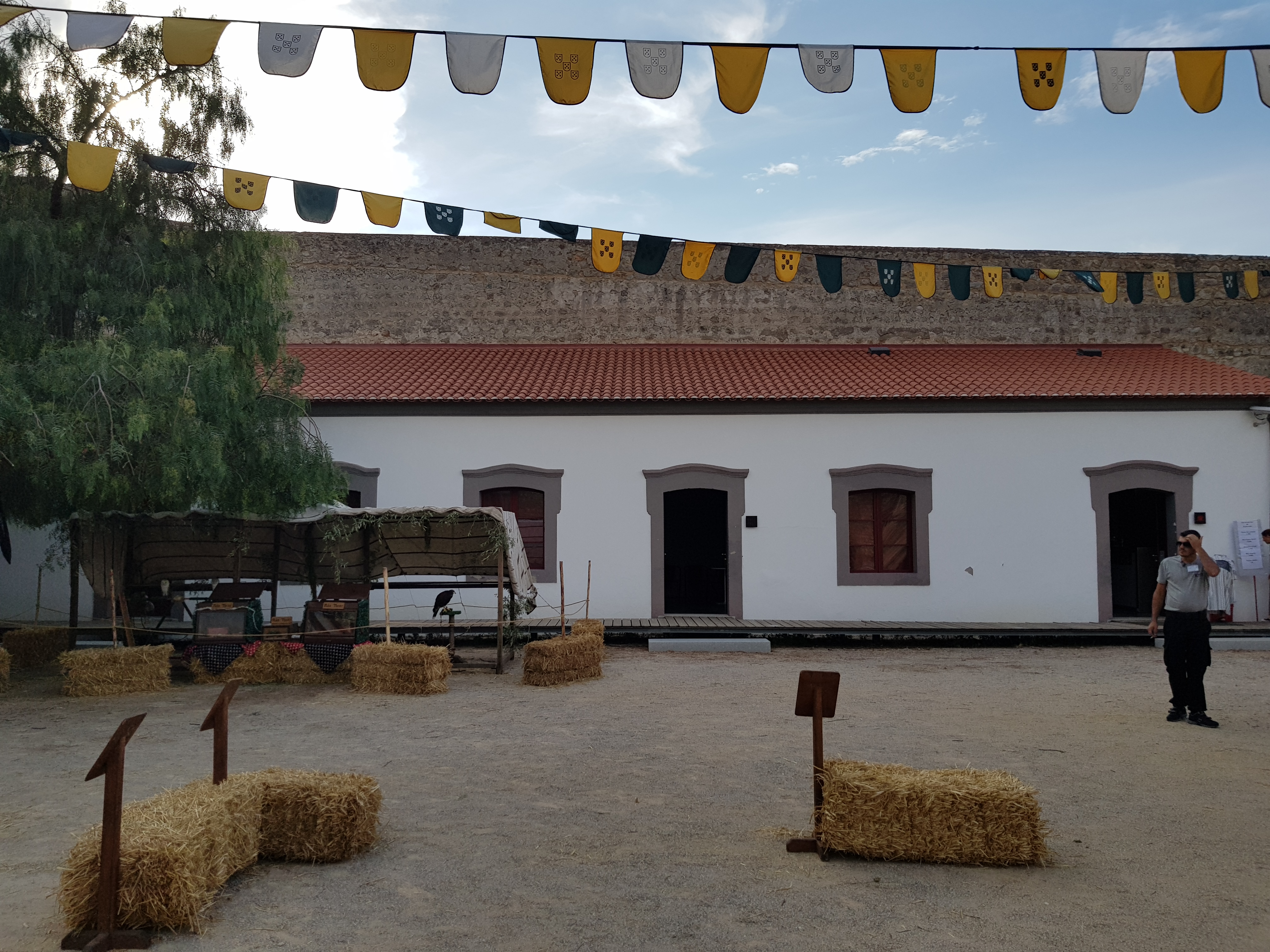
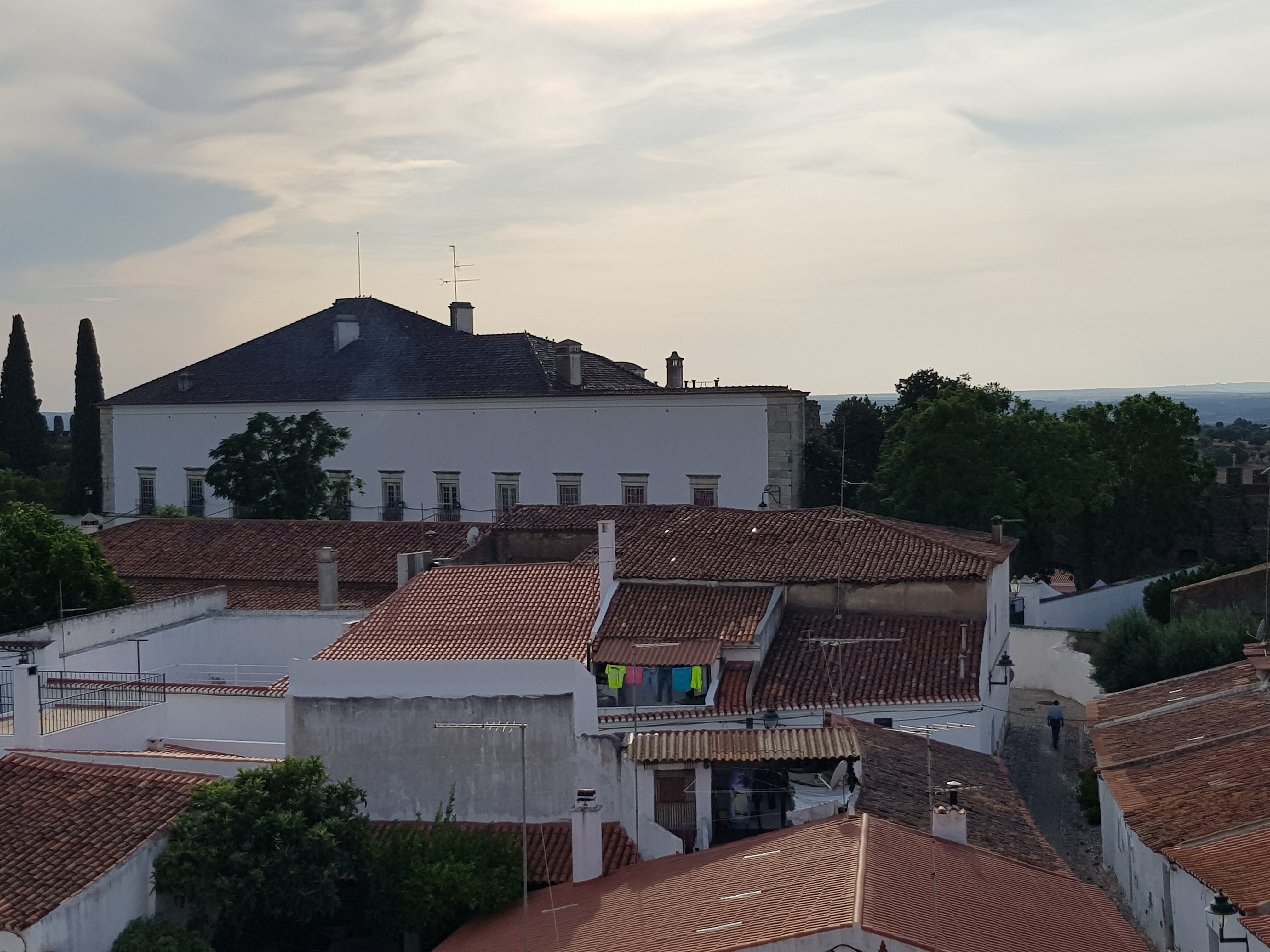
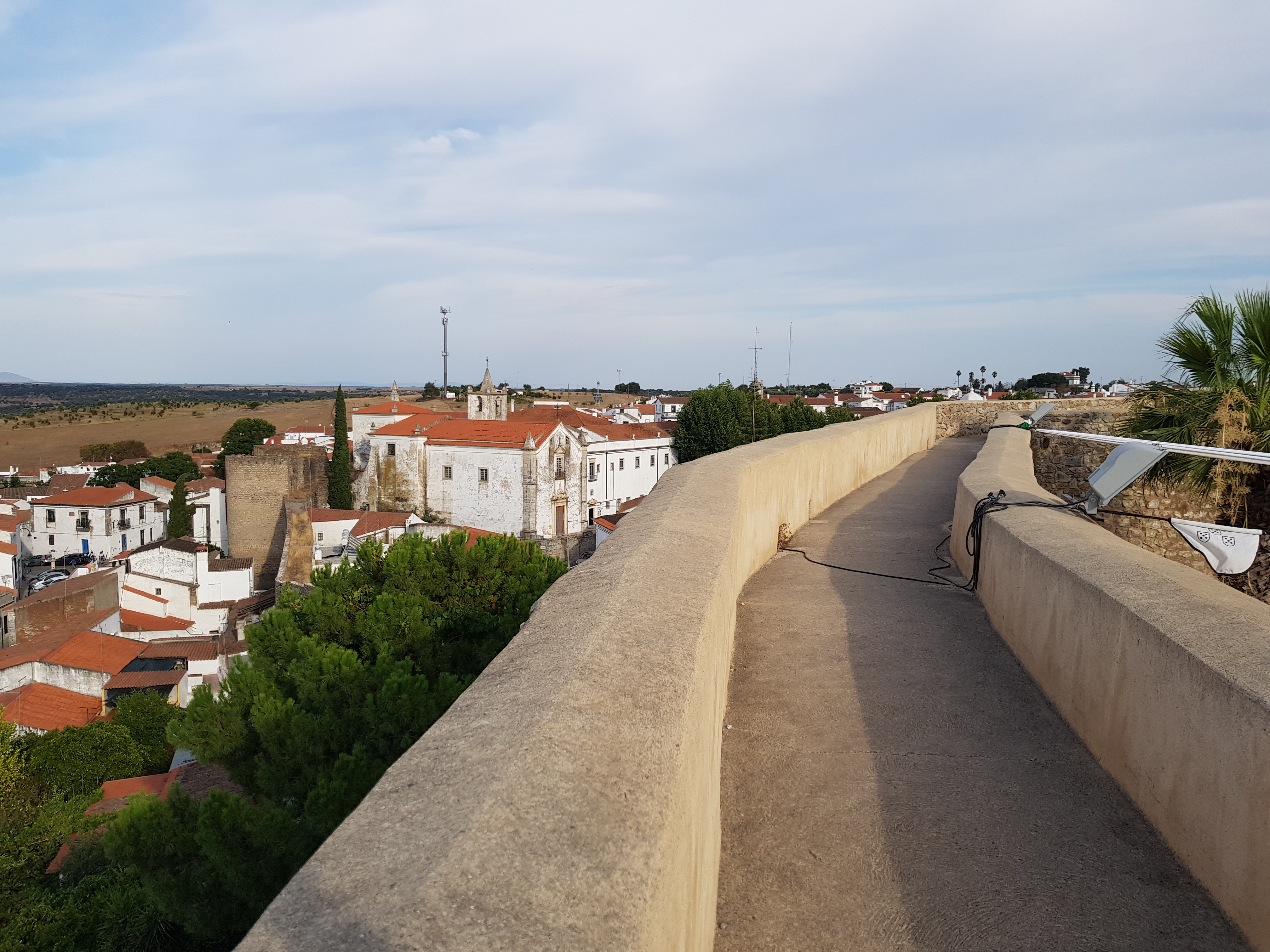


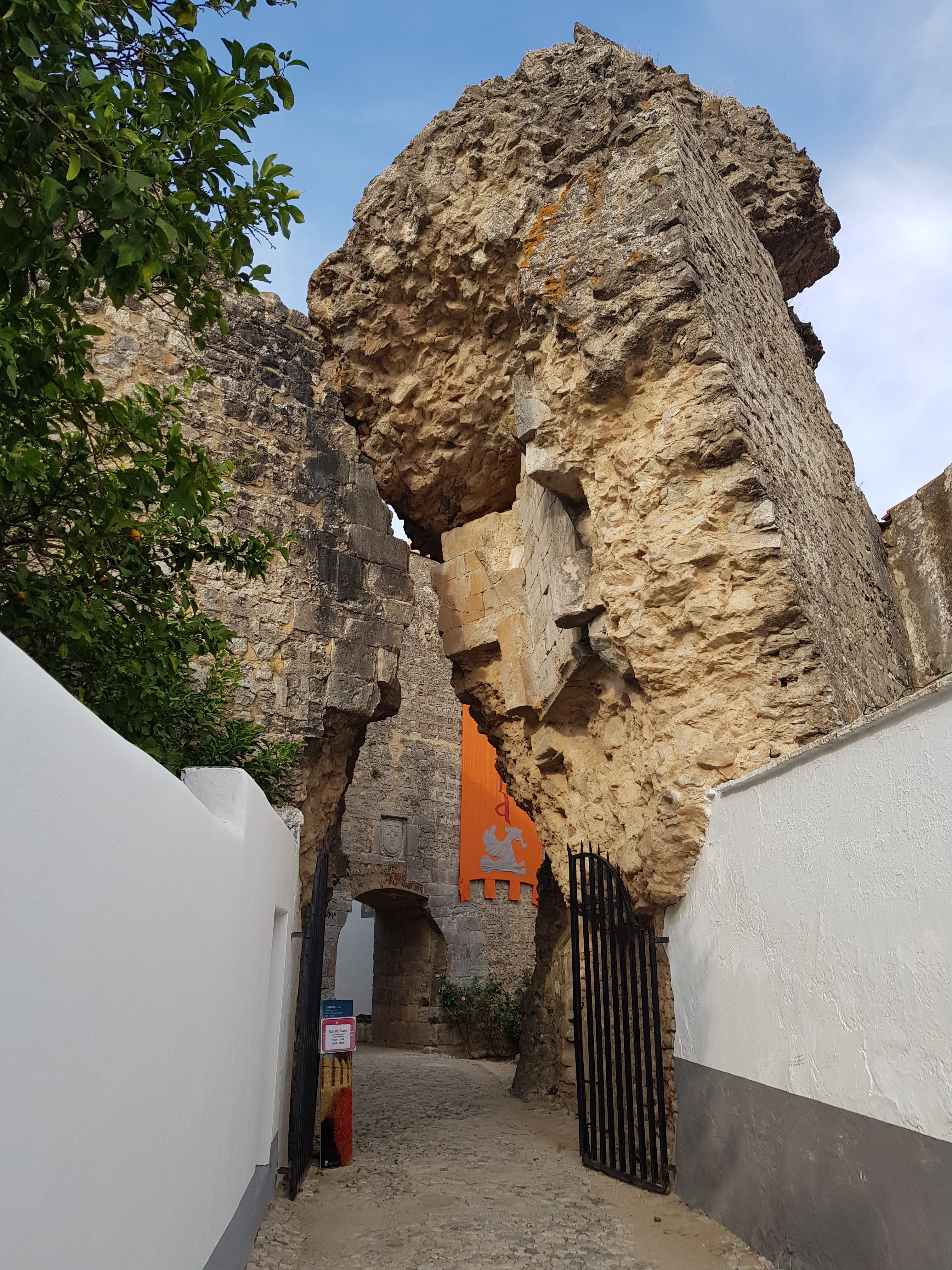



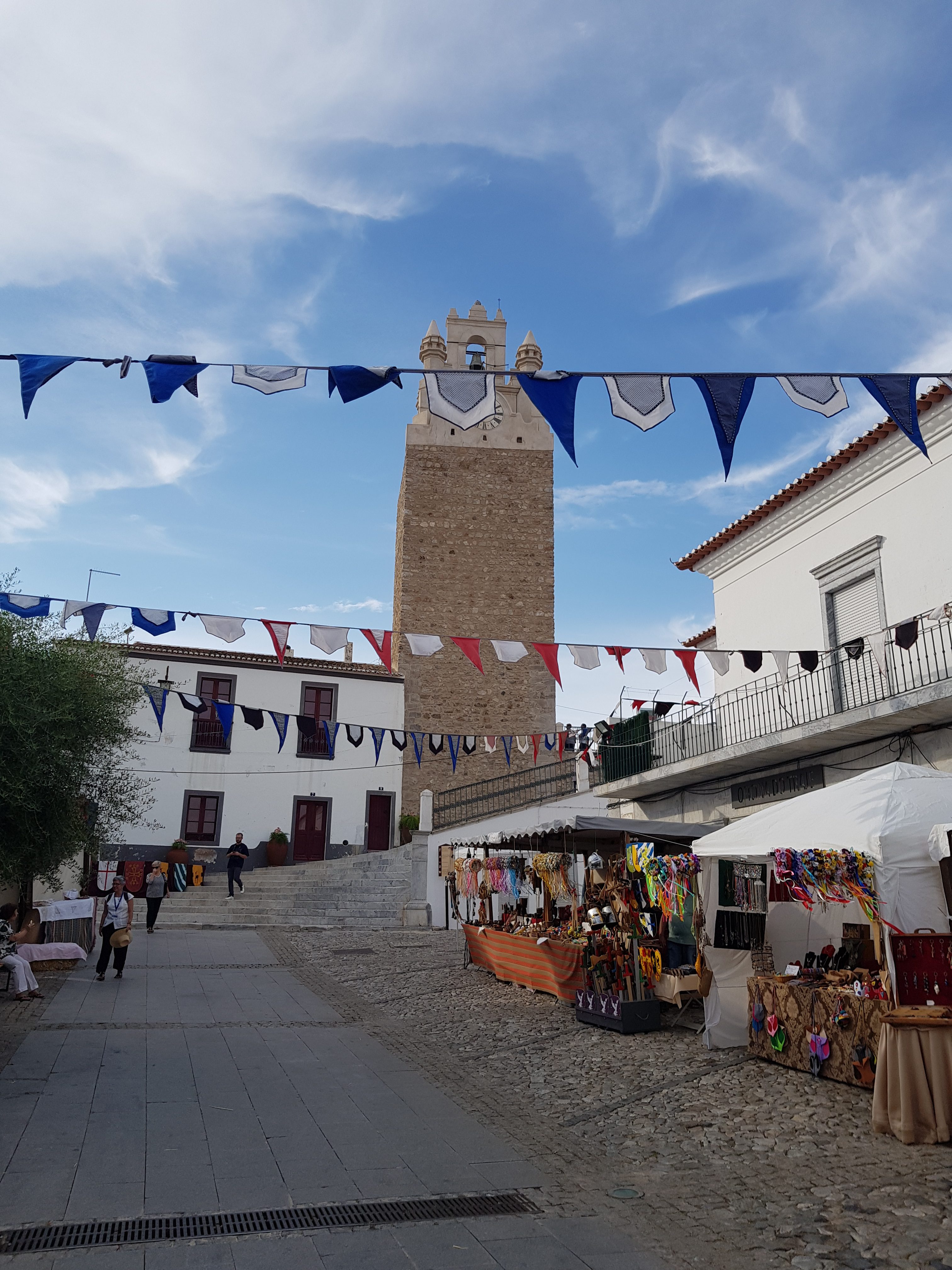



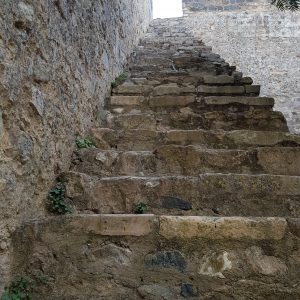


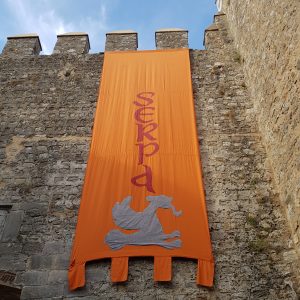





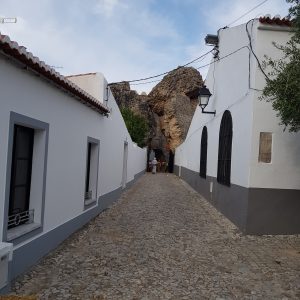
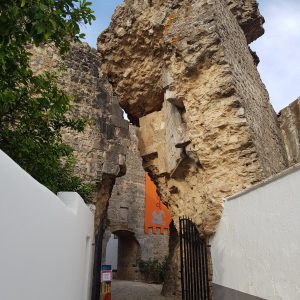



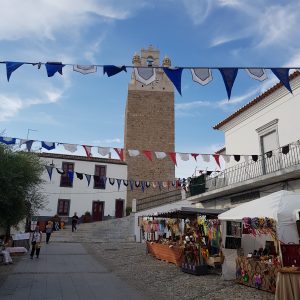
Contacts
General Conference Chairs
Local Organizing Committee
Programme Committee
Mel Krokos, University of Portsmouth
Orly Lahav, School of Education, Tel Aviv University
Rita Conde, Universidade Lusófona do Porto
João Sousa, Universidade Lusófona do Porto
Jorge Oliveira, Universidade Lusófona de Humanidades e Tecnologias
Mohammad Al-Amri, Cardiff University
Tomohiro Kuroda, Kyoto University
Dido Green, Jönköping University
Penny Standen, University of Nottingham
Alessio Murgia, University of Groningen
Jean Detheux, Vudici
Bonnie Connor, bonnieconnor.com
Patrice Weiss, University of Haifa
David Brown, Nottingham Trent University
Sergi Bermudez, Universidade da Madeira
Sandeep Subramanian, Department of Physical Therapy, School of Health Professions, UT Health San Antonio
James Lewis, Nottingham Trent University
Will Farr, Sussex Community NHS Trust
Mindy Levin, McGill University
Michael Elboim, Haifa University
Darryl Charles, University of Ulster
Henry Moller, University of Toronto, PRAXIS Holistic Health
Skip Rizzo, Institute of Creative Technologies
Liliane S Machado, Universidade Federal da Paraíba
Markos Markou, P.A. College
Peter Wilson, Australian Catholic University
Andreas Duenser, CSIRO
Rosa Costa, UERJ
Imre Cikajlo, University Rehabilitation Institute
Jose-Antonio Gil-Gomez, Universitat Politècnica de València
Elahe Kani, University of West London
Mónica Cameirão, Madeira-ITI, Universidade da Madeira
Wendy Keay-Bright, Cardiff Metropolitan University
Anouk Lamontagne, McGill University
Alma Merians, Rutgers University
Philip Breedon, Nottingham Trent university
Philippe Archambault, McGill University
Sarah Howes, Ulster University
Roberto Llorens, Universitat Politècnica de València
Isabelle Delmon, IRCAM – CNRS
ISVR Prize Committee
Patrice Weiss, University of Haifa
Roberto Llorens, Universitat Politècnica de València
***
Best Paper Award
Albert “Skip” Rizzo, J Chen, J Wang, A Ma, CY Chang, J Turnbull and C Shao.
Normative Data for a Next Generation Virtual Classroom for Attention Assessment in Children with ADHD and Beyond.
***
Penny Standen Award
Sophia Rekers, G Cooper, J Heine, S Krohn, H Prüss, F Paul and C Finke.
Assessment of spatial navigation in multiple sclerosis and anti-NMDA
receptor encephalitis using virtual environments
Archives 1996 – 2021
You may find ICDVRAT’s past proceedings here


